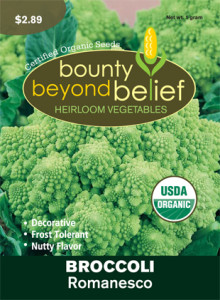Ignoring what “they” say.
Keeping An Open Mind
by Sandy Swegel
I visited a garden yesterday tended by my friend Lou. Lou has gardened for other people for many years and the heavy shade garden I visited has lots of color despite being in shade and the fact that we’ve been in high temperature, drought conditions.
As we walked around and she told me some of the secrets of the garden’s success, I found myself thinking, “But “they” say not to do that.” Things like “they” say native plants don’t want rich soil and shouldn’t be fertilized like other garden plants. Hah. Her well-fed natives were twice the size of mine. Or “they” say dahlias don’t do well in shade and need full sun. She had twenty magnificent blooming dahlias that begged to differ. And she used all kinds of plants the opposite of what the labels say: Euonymous species, sold as shrubs, were tough interesting reliable groundcovers when kept short by pruning.
My favorite gardeners have always been the ones ignoring what “they” say and think about what might actually work. My first experience was an older gentleman who had grown tomatoes for 70 years by the time I met him. He had tried all the tomato techniques I ever heard of. “Epsom salts,” he guffawed…”don’t do a thing except make the tomatoes taste salty.” “Water has to be consistent.” He had watered every day with soaker hoses since they had been invented. So as I watched him fertilize, I expected some down-home advice. Instead, I watched in horror as he just spooned tablespoons of dry Miracle Grow crystals right next to the tomato stem. “But, but…” I stammered, “Aren’t you going to burn the plants and kill them?” Nope….they just got watered in slow-release-like with each soaker hose watering and he had the best tomatoes in town.
That still didn’t match the shock of watching my friend Barbara. She definitely walks her own path and is agreed by all to be the best gardener we know. She never fertilized with fertilizers. She composts and mulches and puts goat manure and earthworm compost on everything, but she has never bought a bottle of something and put it on her yard. Geraniums bloomed in containers for fifteen years with only compost and maybe grass clippings in the bottom of the pot for the earthworms to eat. The most startling part of watching her garden was that she never treated pests. Sawflies came two years in a row and ate every single leaf on her six-foot-tall gooseberries. They looked terrible. She made sure the plants were watered and had lots of compost, but said the plants needed to figure it out if they wanted to survive. It was up to them to figure out how to defend themselves. She just made sure the garden environment was good. To my amazement, the plants survived and put out new leaves, and the third year the beetles didn’t return. Who knew?
I still do lots of things “they” say because much is based on someone’s research and experience. But I keep an open mind. Every time somebody gives me a lecture about the right way to garden or what “they” say I should be doing, I ask myself, “Who is this ‘they’?” “And who gave them all the power?”


